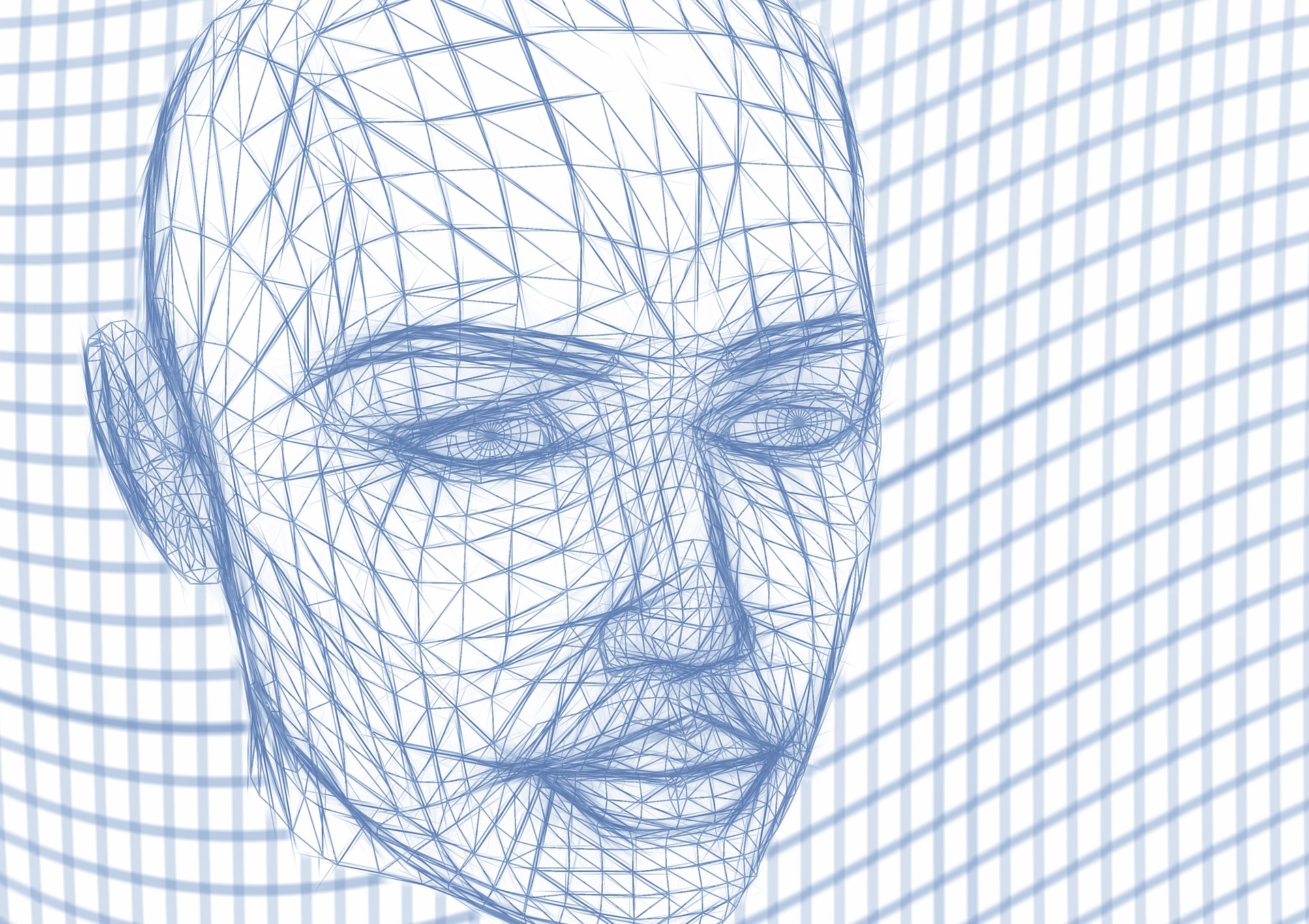As the excitement around Artificial Intelligence continues to grow, Stoxx has launched two new Artificial Intelligence indices. Both indices should give investors exposure to the AI story, and for one of the indices, the stocks are selected by AI.
Humans
Let's start with the less sexy index - one that's based on human research. It's called the Stoxx Global Artificial Intelligence Index. Stoxx has picked the business sectors that are most exposed to AI, and companies are then included in the index that have substantial revenue exposure to those sectors. (Stocks are selected from the Stoxx Developed & Emerging Markets Index.) Alphabet (or Google), is 70% exposed to AI.
A big part of Stoxx's IP here is selecting the right sectors for AI exposure.
This research work is done by humans but it's still a passive index because the humans are working as part of a rules-based process. Here are the top ten constituents of the index and it's not a particularly surprising list; there are plenty of familiar names:
Top ten consituents
Facebook8%Alphabet8%Intel8%Nvidia8%Equinix4.5%Western Digital4.5%Xilinx4.5%Twitter4.5%NetApp4.5%Seagate4.5%
As December 17th 2017
The recent performance of the index is also pretty good, although we should stress that the index has only been recently created; these are figures from a backtest. Remember also that tech stocks have had a good run in recent years, that may not continue.
Stoxx Global AI IndexSTOXX Developed & Emerging Markets TMI (total market index)YTD return6.1%4.5%1 year return45.2%27.7%3 year return24.9%12.3%5 year return27.9%11.8%1 year volatility13.5%5.6%5 year volatility17.7%10.3%5 year Sharpe ratio1.461.1
The most impressive number in the table is the Sharpe Ratio. The AI index may be more volatile than Stoxx's overall global index but the AI index gets plenty of extra return for the higher volatility.
AI squared
Let's now turn to the more exciting index - Stoxx 'AI' Global Artificial Intelligence Index. In this index, stocks are selected by machines using 'big data.'
It's the exponential rise in big data which means that AI can now pick stocks for an index and do so effectively. Stocks are selected from any business sector - what counts is AI-related patents. As more and more data is added to Stoxx's 'data lake', the AI system should become more and more effective at picking companies that have plenty of exposure to AI thanks to patents the companies have filed.
Once stocks are admitted to the index, they're equally weighted and there's much more diversity than for Stoxx's other AI index. Companies like JP Morgan, AT&T and Bank of America are all in the mix.
Interestingly the recent performance of the index is stronger than for the human-based index.
STOXX AI Global Artificial Intelligence IndexSTOXX Developed & Emerging Markets TMIYTD return5.4%4.5%1 year return34.6%27.7%3 year return18.5%12.3%5 year return18.4%11.5%1 year volatility6.7%5.6%5 year volatility11.0%10.3%5 year Sharpe ratio1.561.07
As of December 17th, 2017
Stoxx argues that the performance of the index could improve in future because the AI system will effectively learn from its past performance, and also receive ever increasing amounts of data.
Backtesting
Backtesting is always a concern when a new index or fund is launched with data showing how well it would have performed in the past had it been in existence then. The danger is that the designers of the index will construct an index that fits what's happened in the past rather than what might happen in the future.
Matteo Andreetto, CEO of Stoxx, was keen to tell me last week that although the index was backtested, it wasn't 'backcasted.' In other words, they only used the data that was available at a certain point. Back in 2013, there was a lot less data and the algorithm wasn't so smart, and it was that algorithm that made the selection decisions back in a hypothetical 2013. The 2017 algorithm wasn't applied to 2013 data.
Big data
Andreeto also stressed the importance of data in the AI revolution. He said that Big data is 'the raw material AI.' He cited the fact that there are billions of searches on Google each days which provides a huge data trove. In the next decade there will be 150 billion networked sensors - more than 20 times the number of people on earth.
Crucially, the bigger 'big data' gets, the more AI learns and ultimately, the more accurate it becomes. Stoxx believes that AI technologies have the potential to increase productivity by 40% or more, and economic growth could be boosted by an average 1.7% across 16 industries by 2035.
You can also read more about why Stoxx is so excited about the prospects for AI here. https://www.etfstream.com/investor-focus/research-library/2789_the-economic-impact-of-artificial-intelligence
No funds yet
There are no funds tracking these indices yet - the indices were only launched in late January - but Andreetto seemed pretty confident that deals would follow.
If you can't wait for a fund to launch, or you're not convinced by Stoxx's methodology, there are, of course, other options. Scott Longley wrote in November about the AI-Powered Equity ETF (AIEQ), an American ETF that uses AI to pick stocks. You can also get some exposure to the AI theme using the iShares Automation & Robotics UCITS ETF (RBOT) or the ETF Securities ROBO Global Robotics and Automation GO UCITS ETF (ROBO).




